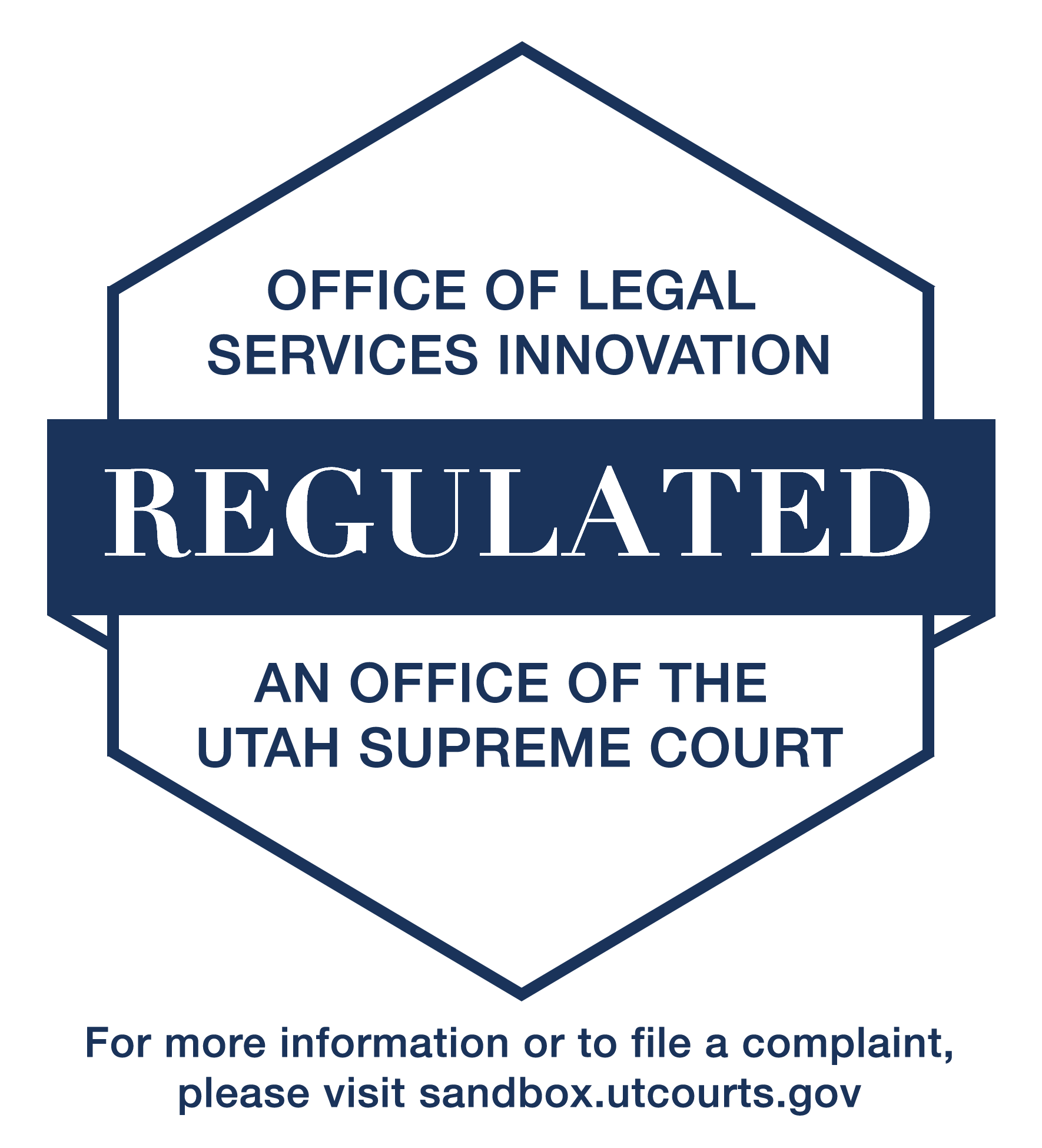Get legal assistance online. Chat with a lawyer for free!
Chat NowSandy Ski Accident Attorney
- Sandy Boating Accident Attorney
- Sandy Motorcycle Accident Attorney
- Sandy Construction Accident Attorney
- Sandy Car Accident Attorney
- Sandy Truck Accident Attorney
- Sandy Wrongful Death Attorney
- Sandy Product Liability Attorney
- Sandy Snowmobile Accident Attorney
- Sandy Premises Liability Attorney
- Sandy Ski Accident Attorney
- Sandy Slip and Fall Attorney
- Sandy Dog Bite Attorney
- Sandy Bicycle Accident Attorney
- Sandy Nursing Home Abuse Attorney
- Sandy Catastrophic Injury Attorney
- Sandy Birth Injury Attorney
- Sandy Workers’ Compensation Attorney

Skiing helps you stretch your muscles as the weather for the year turns cold. There are dangers inherent to the sport, however. While you can take reasonable measures to protect yourself from harm, other people also have to be diligent on the slopes if they want to prevent traumatic accidents.
You have the right to react to someone else’s negligence on the slope after an injury. You can specifically contact a Sandy, UT, ski accident attorney to discuss how to demand compensation for your losses in court. 1Law can advocate for your right to the financial support you need to start your recovery and eventually get back on the slopes again.
Where You Ski Impacts Your Right to Legal Action
Whether you’re renting your skis or packing your own, you exert a lot of control over how you take to the slopes. You might not even be taking to the slopes at all, if cross-country skiing is more your thing. This control, however, can make assigning liability for a ski accident tricky.
In most cases, the fault for your accident falls on the person who caused your accident. However, ski resorts and recreational groups can also take the blame for any injuries you suffer. It’s up to you and an attending attorney to determine when you have to make these distinctions in fault.
Skiing at a Resort
If you go skiing at a resort, the resort managers may request that you sign a waiver before you take to the slopes. While this waiver does not relieve the resort of its duty of care to you and your peers, it may make it more difficult for you to pursue legal action against the resort in the case of an accident.
That said, resorts that don’t actively maintain their slopes or warn skiers away from dangerous conditions can be liable for your losses. You can work with an attorney to bring evidence of this neglect forward in civil court. Alternatively, you can request that the resort provide you with data from your accident to better hold an individual accountable for your losses.
Free Skiing
If you go skiing on your own time and in a location that isn’t monitored by a park, resort, or other institution, the question of liability in an accident can be relatively straightforward. Negligence in these environments is most often the fault of another person. If you want to take legal action against an offending party, you can file your claim against a specific individual.
Skiing With a Group
Skiing with a recreational group, school group, or private club is a great way to meet new people and improve your skiing skills. When you set out with a skiing group, however, any institution you’re part of needs to take on responsibility for your overall well-being.
A group like this may require you to sign a waiver stating that you don’t intend to sue them in case of an injury. However, this group–along with the resort or mountain you go to–must still make an effort to keep you safe from harm. If the group violates the duty of care owed to you, you can bring one of its representatives to civil court.
Ski Accidents Qualify as Personal Injury Accidents in Utah
Ski accidents fall under the broader category of personal injuries in Utah’s civil courts. If you want to take your ski accident before a judge, you need to draft a personal injury claim. This means that you need to establish liability for your accident via evidence as well as the duty owed to you at the time your accident occurred.
What’s more, you need to use your personal injury complaint to elaborate on the expenses tied up in your accident. Your claim moves to have the party liable for your losses financially support you throughout your recovery. The sooner our ski accident lawyers in Sandy can press for this support, the easier your recovery can be.
Finally, you need to submit a ski accident complaint within the statute of limitations established for personal injury cases. This deadline is designed to keep the cases circulating through Utah’s civil courts up to date. According to Utah Code Ann. §78B-2-307, ski accident survivors have four years to bring their concerns before a judge.
A Ski Accident Complaint Allows You to Demand Compensation for Accident Losses
The compensation you request in your ski accident claim can specifically address non-economic and economic losses endured due to someone else’s negligence. You can work out the value of these losses before you ever step foot in court–and you should. Your ski accident complaint needs to include an estimate of the value of your accident.
You should also include evidence to support your request for these applicable losses. That evidence can range from professional testimony regarding your emotional state to physical debris representing your damaged property.
In general, your ski accident claim’s estimate of your total possible compensation should cover your:
- Ski accident medical expenses
- Lost and/or damaged property
- Lost opportunities to work
- Lost/reduced wages
- Emotional distress
- Pain and suffering
You can initiate a free legal chat with one of our team members to learn more about the compensation that may be available to you after a ski accident.
Let Our Personal Injury Attorneys Hold Liable Parties Accountable for Your Ski Accident Losses
Skiing is a great exercise that keeps you active throughout the colder parts of the year. You need to be cautious when you hit the slopes, though. Even if you take all manner of protective measures, other parties’ negligence can still result in your serious injury. Bring evidence of that negligence forward in court, though, and you can fight for post-ski accident compensation.
Our attorneys understand how intimidating the civil process can seem. That’s why 1Law connects you with experienced ski accident lawyers in Sandy, UT. You can discuss your case with these professionals as soon as you decide to press your lawsuit. Contact us online or over the phone to learn more about how we can advocate for you.

